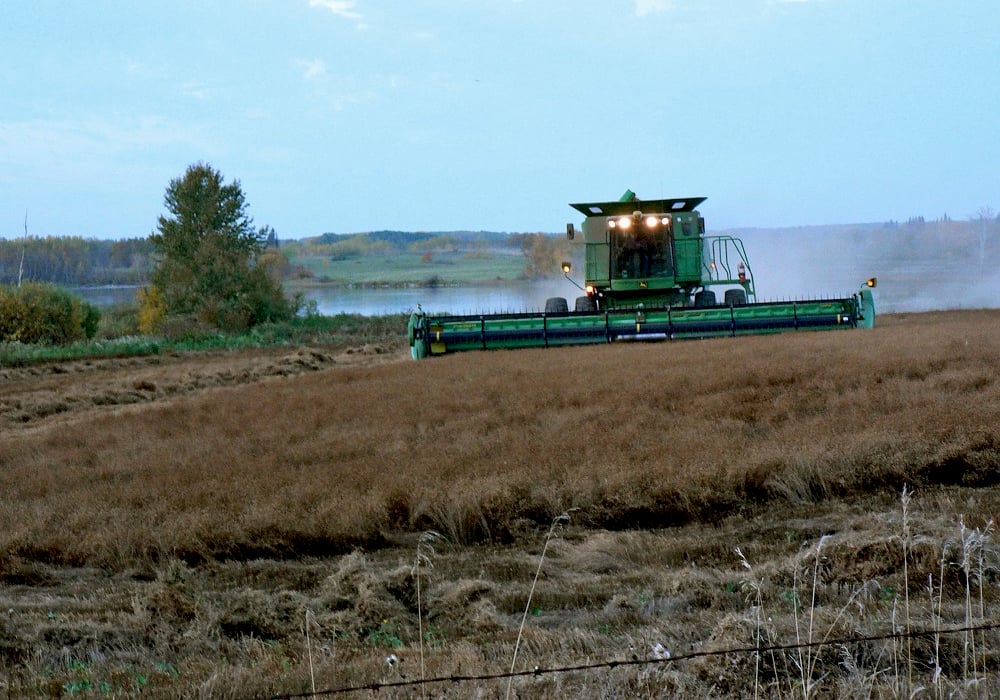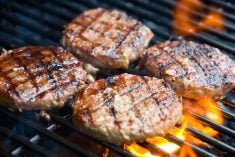South Korea has temporarily halted imports of Canadian beef as of Feb. 15 following the announcement of a BSE infected cow in northern Alberta.
South Korea has the right to temporarily suspend quarantine inspections until further information is received from Canada about the case. said John Masswohl of the Canadian Cattlemen’s Association on Feb. 16.
Under the Canada-South Korea free trade agreement this kind of food safety protocol is allowed.
“It is hard to see the difference. From the Korean perspective it is a legal issue” he said.
Read Also

Most of Manitoba harvest wraps up for 2025
Manitoba Agriculture issued its final crop report of 2025, showing the overall provincewide harvest at 97 per cent complete as of Oct. 20. Nearly all major crops have finished combining, with 37 per cent of Manitoba’s sunflowers finished, plus 71 per cent of grain corn and small amounts of soybeans and potatoes left to do.
No other countries have ceased trade at this time.
South Korea was seeking more information about the outbreak and discussing public safety with relevant authorities.
The positive case was announced Feb. 11 and Canadian Food Inspection Agency has launched a full investigation into the farm where the cow was diagnosed. It has also located the farm where the cow was born and will do a full investigation into feed and the health status of the cow’s herd mates.
Canada has not had a case since 2011 which has raised concerns about where the infection came from since strict animal feed ban went into effect in 2007.
South Korea imported a total of 281,500 tonnes of beef last year, most of it from Australia, the United States and New Zealand. Of the total, it imported only 2,800 tonnes from Canada. Some ships had already landed at port and some were in on the water and may have to be diverted elsewhere, said Masswohl.















